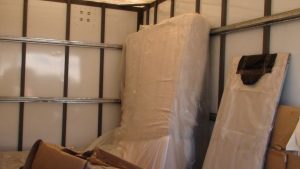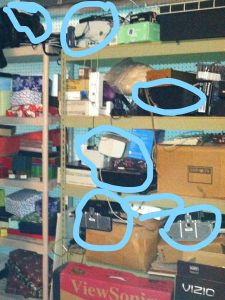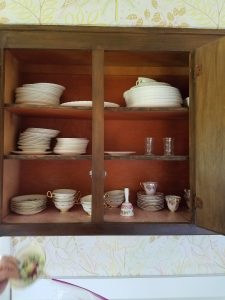You know, the one with your spouse and household family members about bringing your aging parent to live in your/their home. Take a deep breath before you do this then understand as much as you can about what you are agreeing to.
This should not be a quick decision. Talk to your family to get their opinion. A lot of times family members will allow you to do what you want because it takes the burden off them. Perhaps think about why they are allowing you to do this (and not them) and clearly understand their reasons because they are valid and perhaps you should consider them before making your decision as well.
This should not be done alone. You need support and will need to take breaks so set that up now. Hire someone to relieve you daily. There are many resources available both for free and pay. Don’t wait until you are at the breaking point to get help, set that up at before your loved one comes to your home.
Talk to healthcare professionals treating your loved one. Healthcare professionals have a clear understanding of your loved one’s health and what is required to attend to their needs. These needs might not be something you ever anticipated as health deteriorates. Physical and mental status changes come with their own challenges.
Preparation is essential. Look at your home with an eye to the future. Is there a 3-foot radius between furniture that a wheelchair could maneuver around? Do you have stairs that will require a chair lift, budget for this now? What about getting into the home, are there stairs, do you need to get a ramp? Are there grab bars strategically placed in the bathroom? Are weapons accessible? and I don’t just mean guns, I mean items that can be used as weapons against you or someone else.
Communication is key. Not only between you, your spouse, siblings, and family members but their extended network as well. A quick conversation to the extended family will go a long way when your spouses’ family understands your spouse agreed to this arrangement and there’s no need for judgment.
Draw a line in the sand. Plan now as to when you will hand over care to someone else. When the caregiving affects your family, your work, your mental and/or physical health. When certain traits begin to show in your loved one. When certain equipment needs to be used for care. When friends and family tell you it’s time to make changes, you agree to listen to them.
This is doable!
Make it as easy as possible as soon as possible so your time together is pleasant and as stress reduced as it can be.
You won’t regret taking care of your loved one.









